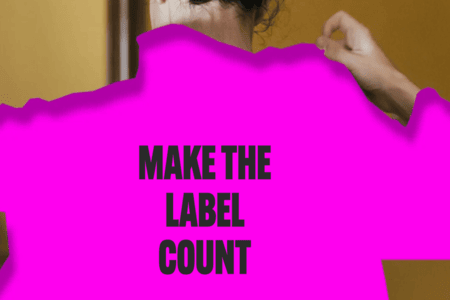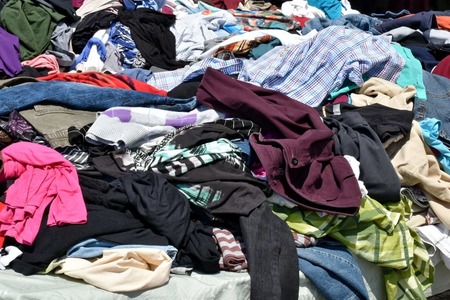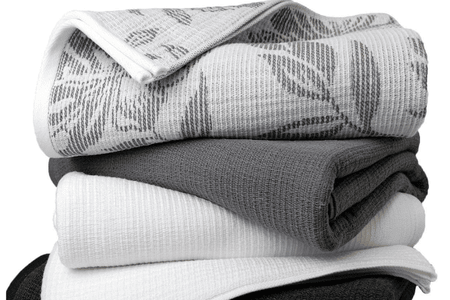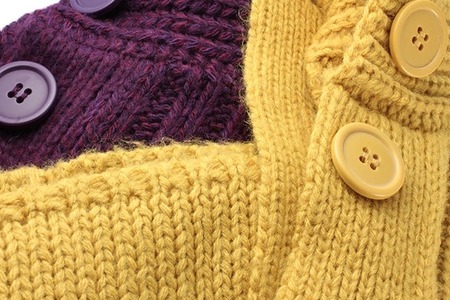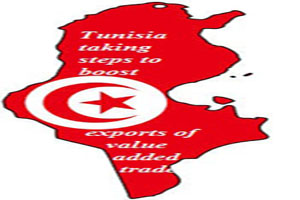
Tunisia to diversify trading partners and boost exports of value added trade
YarnsandFibers News Bureau 2016-05-09 14:00:00 – AfricaTunisia that already ranks as the fifth-largest apparel supplier to Europe and the number two supplier for the French market, according to Tunisia's Foreign Investment Promotion Agency with textile and apparel exports totaled TD6.5bn (€2.9bn) in 2014 is now looking for talks on a new deal with the EU, its biggest trading partner, to pave the way for improved access to European markets, while opportunities to boost trade with Pakistan are also showing signs of promise as impact of global economic situation weighing on trading volumes.
In October Tunisia launched negotiations with the EU with a view to securing a Deep and Comprehensive Free Trade Area (DCFTA) that has been in consideration since 2011.
Tunisia has benefitted from a raft of association agreements since the late 1990s that have given the country tariff-free access to several EU markets, together with financial and technical assistance. However, the DCFTA is expected to offer far greater opportunities to improve trade flows by reducing tariffs on key Tunisian exports, such as agricultural products.
According to the European Commission, the EU is Tunisia's largest trading partner by far, accounting for 80% of the country's imports and exports. Bilateral trade was valued at approximately €20bn in 2014.
Electrical machinery and transport equipment accounted for 38.1% of Tunisia's exports to the EU, while textiles and clothing comprised 24.9%. Fuels and mining products, meanwhile, made up 14% of Tunisia's sales to the bloc.
Tunisia will be looking for the new deal to unlock trade in key areas that were not fully liberalised under the 1998 EU-Tunisia Association Agreement, such as agriculture, which accounts for around 9.5% of GDP.
Other trade deals under discussion, including a preferential trade agreement with Pakistan, could feed into Tunisia's value-added export strategy.
The Tunisian ambassador to Pakistan, Adel Elarbi, is hopeful that an agreement could be signed this year, which would boost bilateral trade from a modest $33.1m in FY 2014/15.
Elarbi highlighted agriculture, textiles, electronics, tourism and services as areas for potential cooperation, with a focus on importing more raw materials from Pakistan.
Atif Ikram Sheikh, president of the Islamabad Chamber of Commerce and Industry said that there is a good scope for the export of Pakistani fabrics, which after value addition in Tunisia could be exported to the European and other countries.
Market Intelligence
Ask for free sample Report

experience
Customer Base
dedicated team
Countries Served Worldwide




